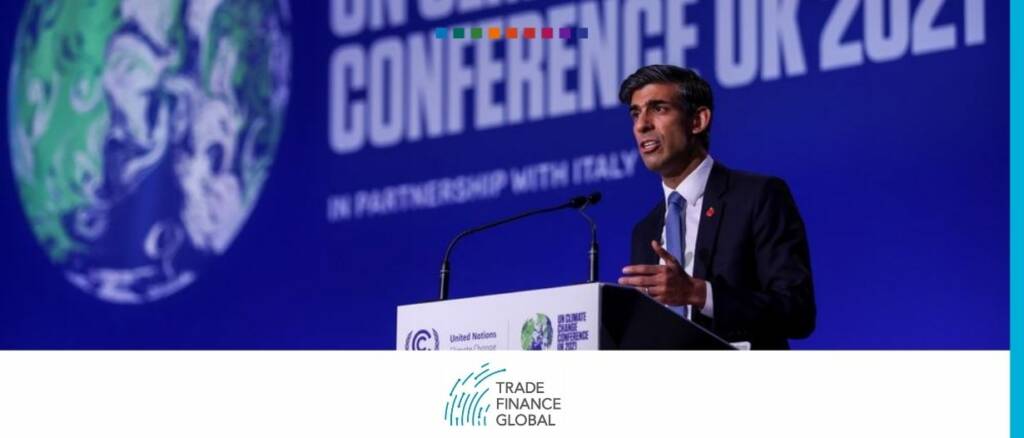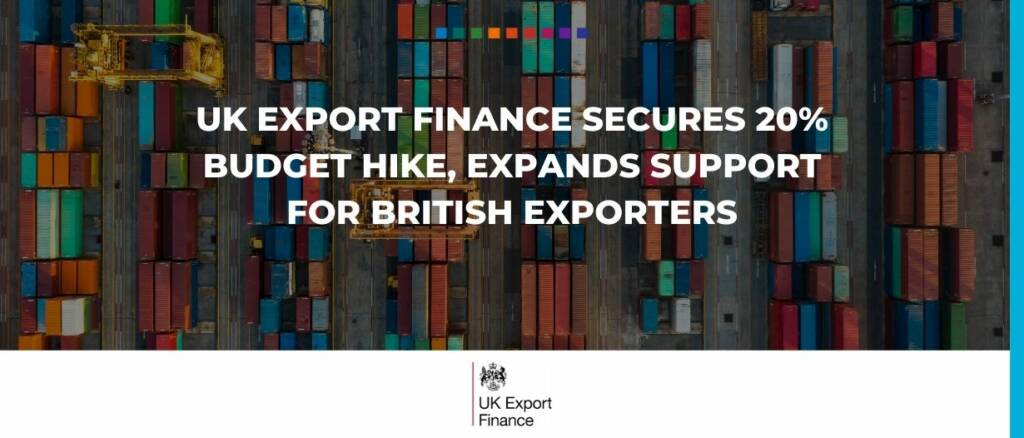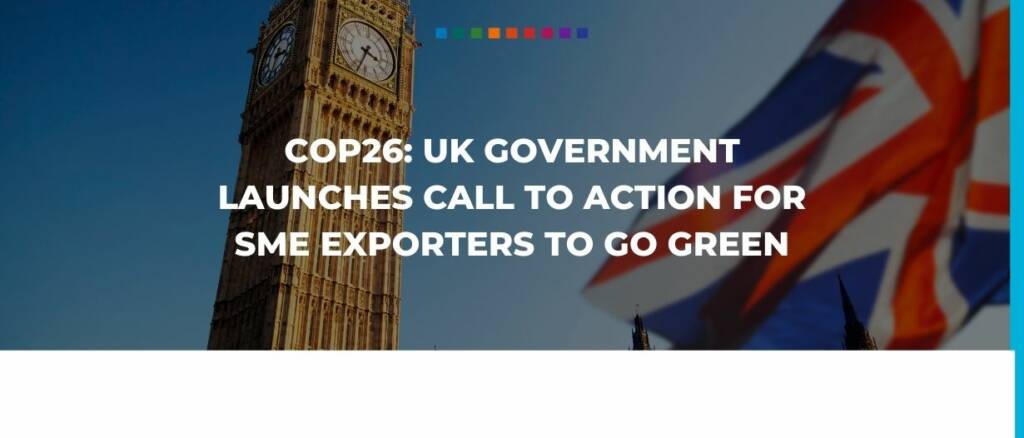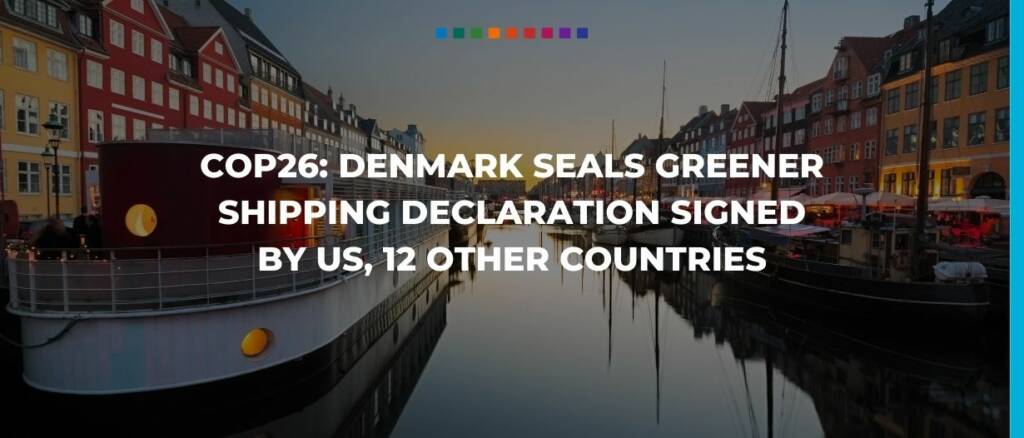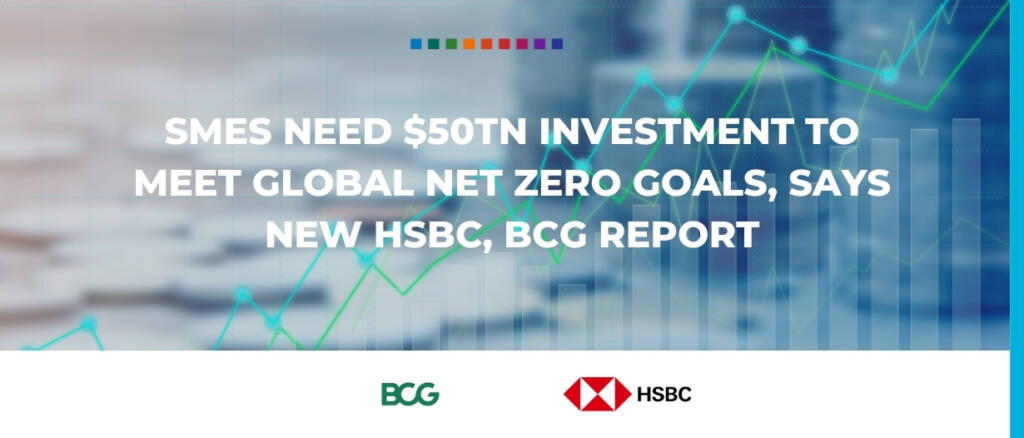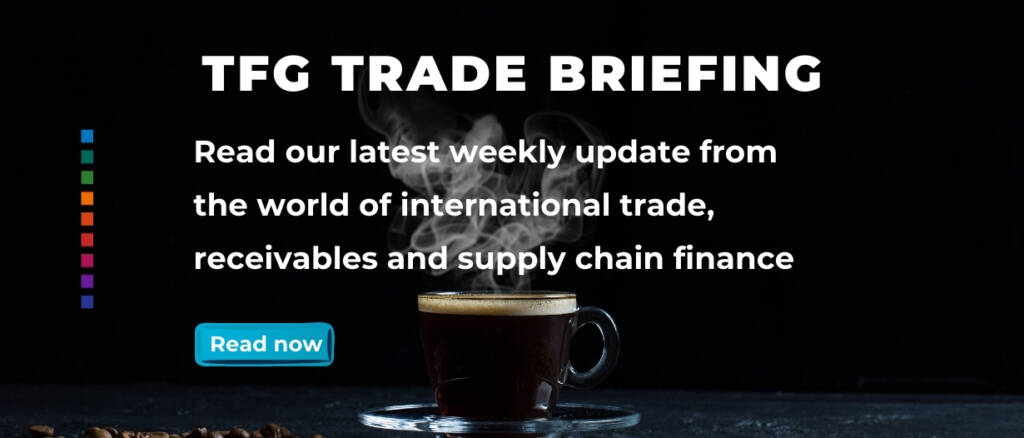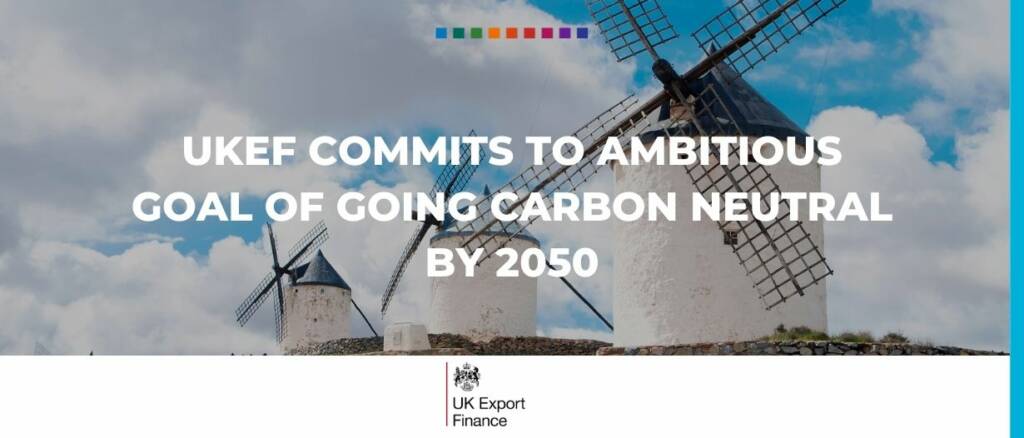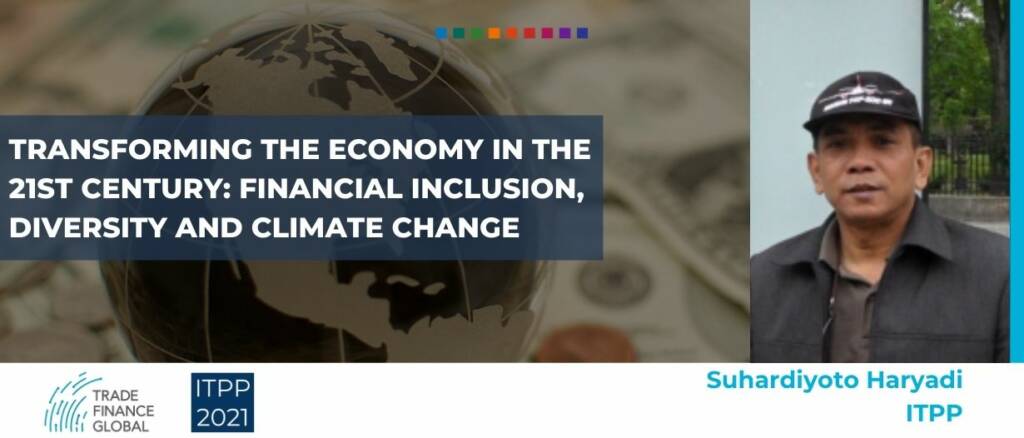UK Export Finance (UKEF), the export credit agency of the British government, has issued its largest-ever financing guarantee to help build Turkey’s largest solar power plant. Backed by US-based GE… read more →
Over the last two weeks, the UK has been at the forefront of some of the biggest announcements to come out of COP26.
UK Export Finance (UKEF), the export credit agency of the British government, has secured a 20% budget hike as part of new spending plans designed to boost support for UK… read more →
UK Export Finance (UKEF), the UK’s export credit agency, has launched a call to action for British SMEs to “go green” and take advantage of renewable export opportunities. With expectations… read more →
An agreement has been reached by Denmark, the US, and 12 other countries on delivering a net-zero global maritime industry by 2050. Led by Denmark, the ‘Declaration on Zero Emission… read more →
New research has found that up to $50 trillion in new investment in SMEs will be needed to reach global net zero transitions goals. A joint white paper, released today… read more →
By working together and tackling these challenges head-on, we can reduce our emissions and work towards our net zero goal by 2050.
Your morning coffee briefing from TFG. Costs of climate change far greater than green transition warns ECB, UKEF commits to an ambitious goal of going carbon neutral by 2050
UK Export Finance (UKEF), the export credit agency of the British government, has unveiled ambitious new plans to go carbon neutral by 2050. Over the next four years, UKEF will… read more →
Hundreds of companies are building the foundations of exemplary corporate climate action. The next decade will witness accelerating efforts to transform the economic system.
















